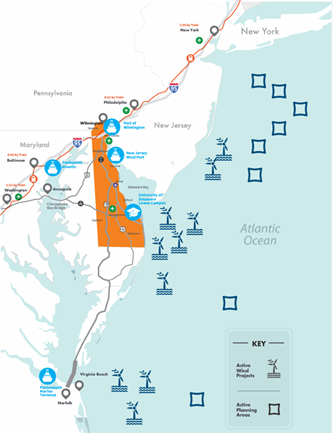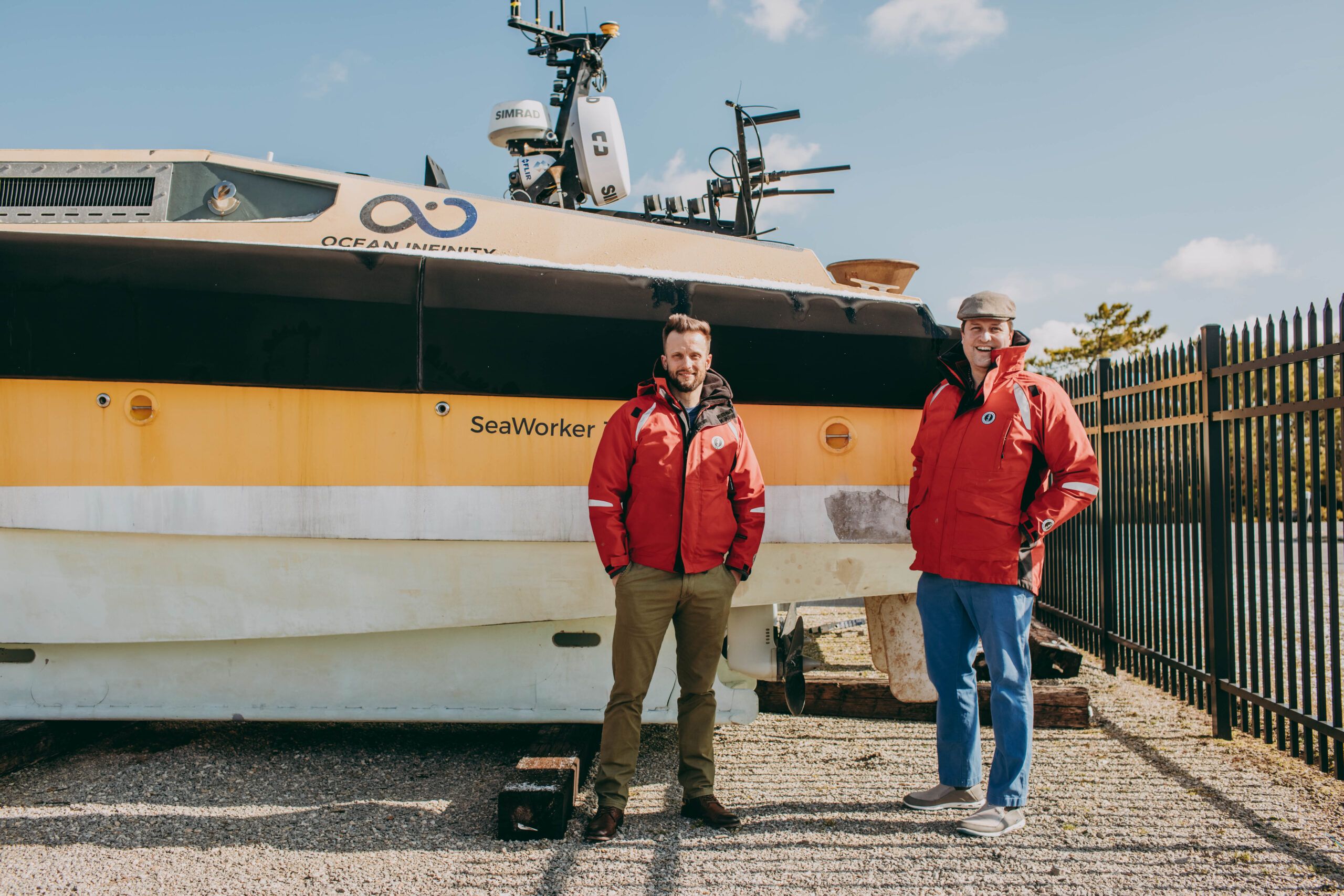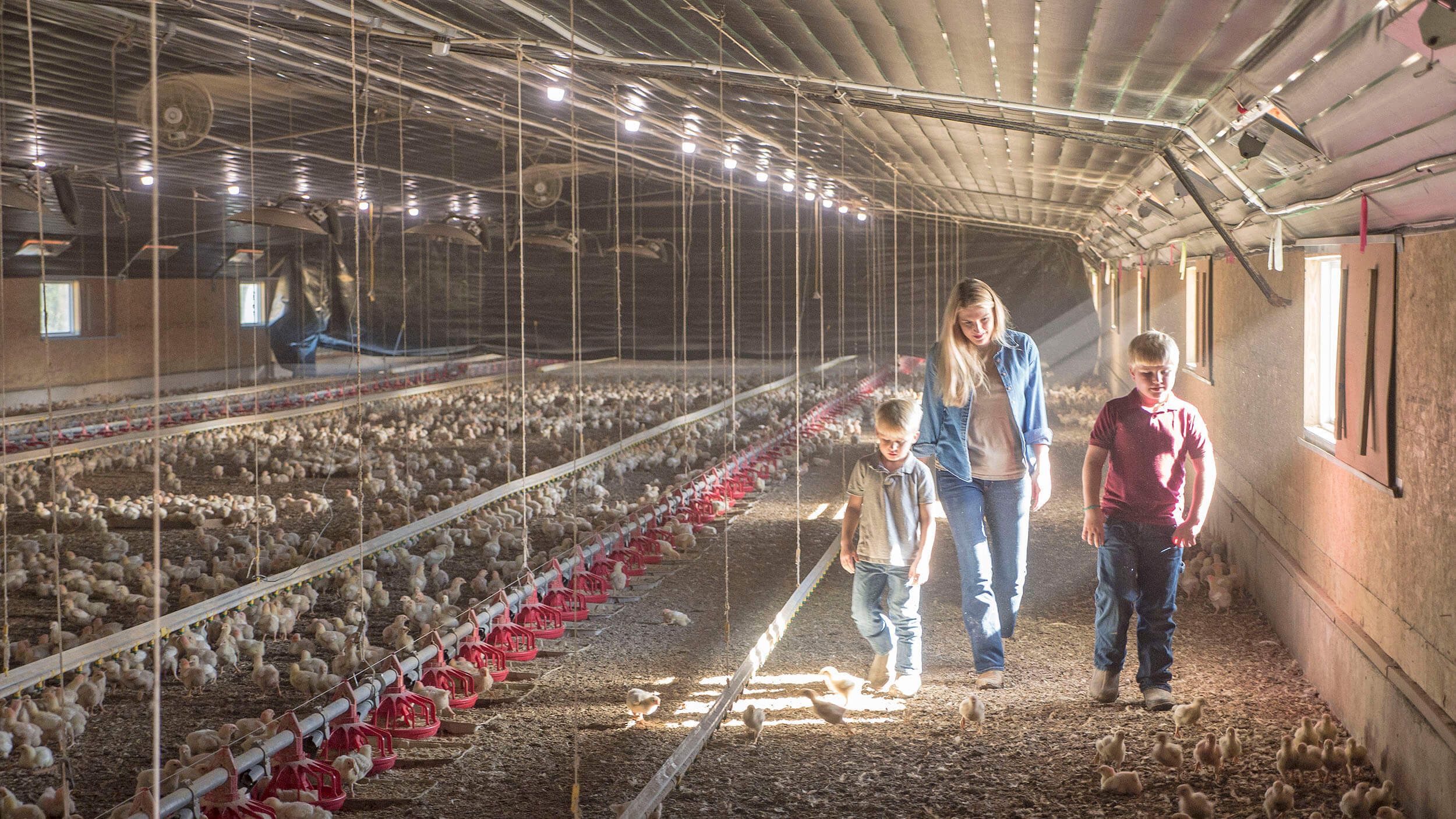The Blue Economy in Delaware Opens Doors for Opportunities
June 24, 2024
The coastal regions of Delaware represent significant drivers of economic growth in maritime industries, including blue tech and tourism. As the lowest-lying elevation state in the country, Delaware has unparalleled access to a variety of water bodies as well as the ability to address key issues around climate change and coastal resilience to open up doors for the blue economy in Delaware. From the estuaries and salt marshes of the Delaware River and Bay to the shores of the Atlantic Ocean, the Blue Economy in Delaware continues to innovate and expand.
Blue Tech Innovation
The Blue Economy can refer to multiple ideas, including economic activity related to the ocean or marine-driven projects focused on sustainability and resilience. In Delaware, key advancements in the Blue Economy revolve around blue tech like ocean robotics, offshore wind, and aquaculture. A major component supporting innovation in these fields stems from Project Align, Build, Leverage, and Expand (Project ABLE), a workforce development initiative at the University of Delaware (UD) in support of advancing the Blue Economy.
While Delaware’s unique geographic and oceanographic characteristics provide the foundation for advancements in blue tech, it’s the collaborative commitment between academia, industry, and government that provides the framework to support advancements in blue tech. For example, University of Delaware’s (UD) operates a fleet of research vessels that facilitate research not only for faculty, students, and scientists, but also government agencies and private industry across the country. Additionally, UD’s Robotic Discovery Laboratories at the campus in Lewes support the advancement of underwater robotics with seven robots housed in the labs.
Aquaculture and offshore wind also make up a significant portion of Delaware’s blue economy. Delaware Sea Grant, another UD initiative, works in numerous inland bays to enhance shellfish aquaculture, supporting local oyster farmers and cultivating a sustainable food source as well as improving water quality due to the oysters natural filtration ability. In terms of offshore wind, UD is again on the frontlines, partnering with a Delaware Technical Community College to create an offshore wind training initiative to prepare students with the prerequisite safety skills to enter the industry. Delaware sits near multiple offshore wind projects from New Jersey to Virginia that are under development, and the state is also within driving distance of three ports integral to the assembly of offshore wind turbines.

Tourism and the Culinary Coast
The innovations and advancements in blue tech are not the only thing cooking on Delaware’s coast and supporting economic growth. In Sussex County, locals and tourists alike can indulge in the Culinary Coast: “Life tastes better here”. The Culinary Coast refers to a region encompassing all southern Delaware, from the pastoral landscapes of Greenwood to the lively boardwalk and beaches in Rehoboth. Reflecting its agricultural roots, the region features exceptional restaurants with world-class chefs, such as past James Beard-nominated restaurants Heirloom and One Coastal, that focus on locally-grown, farm-to-table produce and seafood. Not only does the reputation of the Culinary Coast reflect its economic impact, but it also exemplifies the quality of life in Delaware.
In addition to the fantastic food, the coastal areas of Delaware continue to draw thousands of people each year to its stunning beaches. The pristine sands and clear waters of Rehoboth Beach, Bethany Beach, and Cape Henlopen not only provide a picturesque escape for tourists but also serve as significant economic drivers for the region. These beaches are hubs of activity, offering a blend of family-friendly attractions, vibrant boardwalks, and a plethora of recreational activities that boost local businesses. Not just a seasonal beach town, a growing number of residents stay year-round down the shore, supporting a wide range of enterprises from hospitality to retail, and spurring investment in infrastructure and real estate. The thriving beach economy fosters job creation, contributes to the state’s revenue through tourism taxes, and enhances Delaware’s appeal as a prime destination for both relaxation and business opportunities.
Maritime Economy Grows Opportunities
In conclusion, Delaware’s coastal regions are not just picturesque vacation spots but pivotal economic engines driving growth and innovation. From the cutting-edge developments in blue tech and sustainable aquaculture to the bustling tourism and culinary delights of the Culinary Coast, the state leverages its unique geographic and oceanographic advantages to foster a robust Blue Economy. Collaborative efforts between academia, industry, and government play a crucial role in supporting these advancements, ensuring Delaware remains at the forefront of maritime innovation and resilience. As Delaware continues to attract visitors with its stunning beaches and exceptional food, the economic benefits extend well beyond tourism, creating a dynamic and thriving coastal economy that supports local businesses, generates jobs, and enhances the overall quality of life in the state.
Learn more about delaware happenings
Newsletter Sign Up
Stay Up To Date With Delaware



























